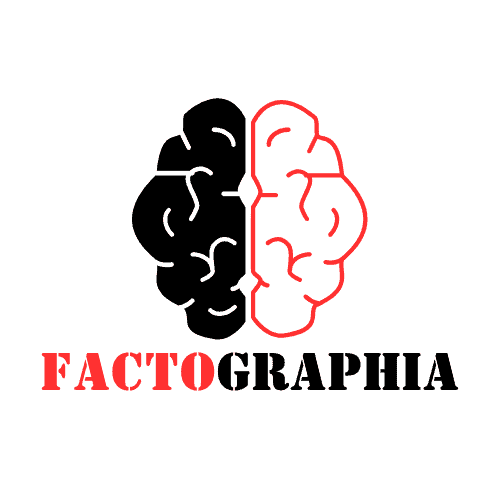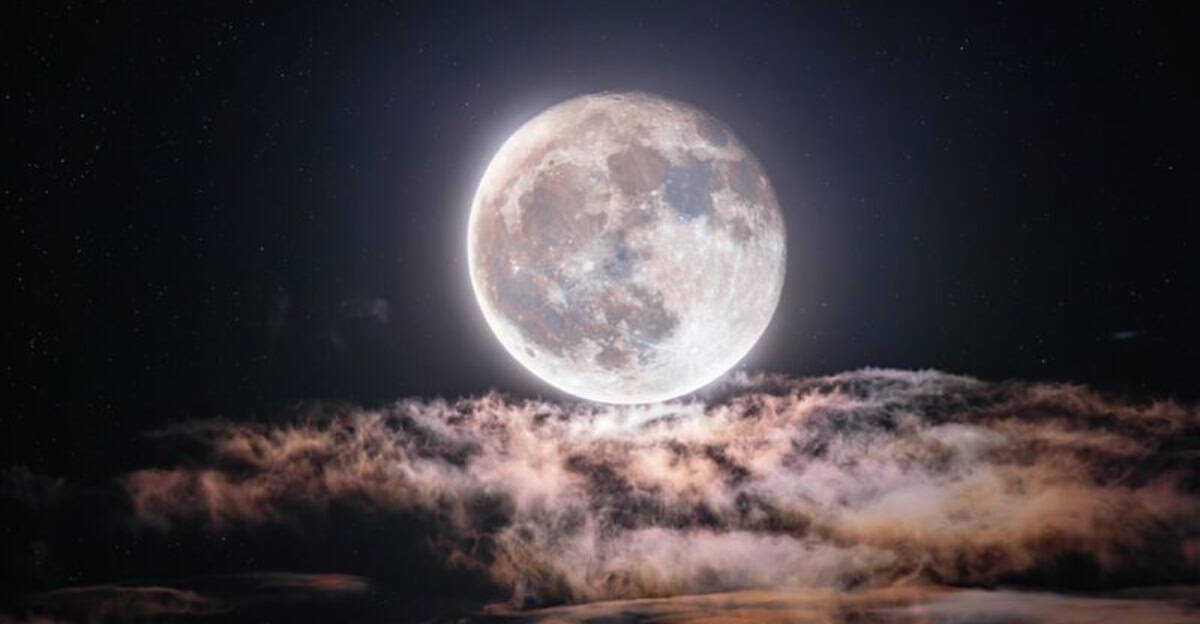The Moon, Earth’s sole natural satellite, has fascinated humanity for millennia. Its gravitational pull not only orchestrates the tides but also influences numerous aspects of our daily lives.
From sleep patterns to emotional well-being, the Moon’s impact is both profound and subtle, weaving its way into the tapestry of human existence.
Let us explore seven extraordinary ways the Moon affects us every day.
1. Tidal Forces

The Moon’s gravitational pull is the primary force behind the Earth’s tides. Coastal areas experience high and low tides due to this celestial interaction.
This ebb and flow of sea levels not only shape the shoreline but also impact marine life and human activities.
Fishing schedules, for instance, often align with tidal patterns, as certain fish species follow the tides for feeding. Moreover, tidal energy is harnessed in some regions to generate electricity, underlining the Moon’s influence in practical terms.
Thus, the Moon quietly dictates rhythms of both nature and human endeavors, as it orchestrates the dance of the oceans.
2. Lunar Phases and Sleep

Lunar phases are believed to affect human sleep patterns. Some studies suggest people experience altered sleep during the full moon, with reports of reduced sleep duration and increased wakefulness.
This phenomenon might be linked to ancient instincts or simply the light that a full moon casts.
Regardless of the scientific explanations, many people report feeling more restless or alert during these times. Ensuring a darkened sleeping environment can mitigate some of these effects, allowing for better rest.
Thus, the Moon, through its cycles, subtly influences our nightly repose and overall sleep quality.
3. Moon and Mood

The Moon’s phases are often linked to human emotions and mood swings. While scientific evidence is inconclusive, folklore and anecdotal reports suggest that a full moon can heighten emotions.
This lunar-induced emotional tide could be remnants of our evolutionary past.
People might feel more energetic or emotionally sensitive during certain lunar phases. Recognizing this potential influence can help individuals manage their emotional responses more effectively.
Whether it’s the power of suggestion or a true lunar effect, the Moon’s presence is felt in our emotional landscapes, guiding our moods like it does the tides.
4. Agricultural Rhythms
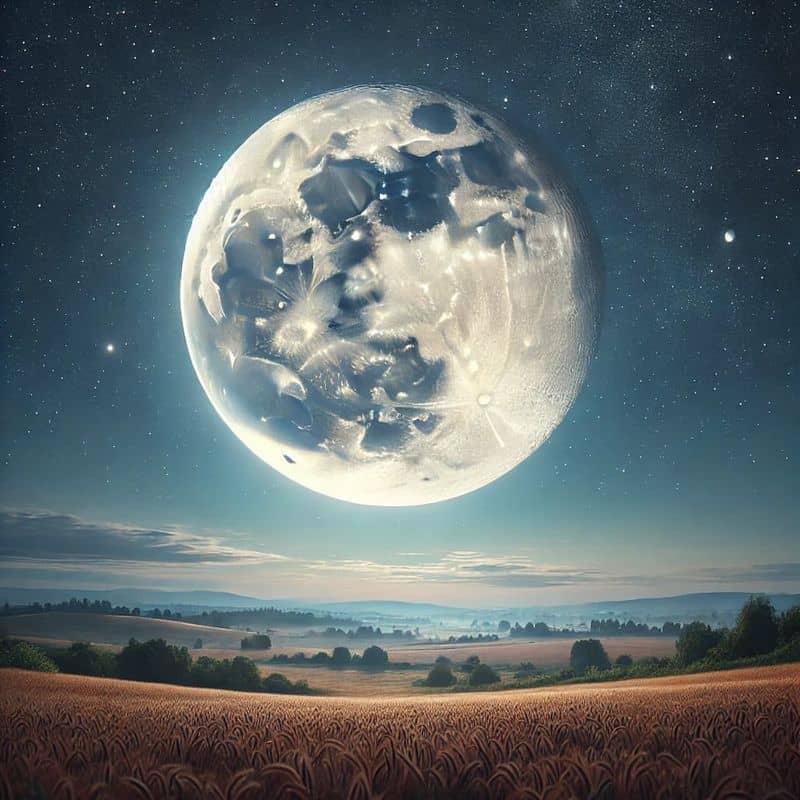
Agricultural practices across cultures have historically aligned with lunar cycles. Farmers once planted crops according to the Moon’s phases, believing it influenced growth and yield.
While modern science offers mixed support for this practice, it persists in some farming traditions.
Planting during a new or full moon is thought to enhance growth, as the gravitational pull affects soil moisture and seed germination. This ancient practice reflects the Moon’s cultural significance and its perceived influence on earthly activities.
The Moon thus serves as a celestial guide for those who seek harmony with natural rhythms in agriculture.
5. Lunar Eclipses and Cultural Events
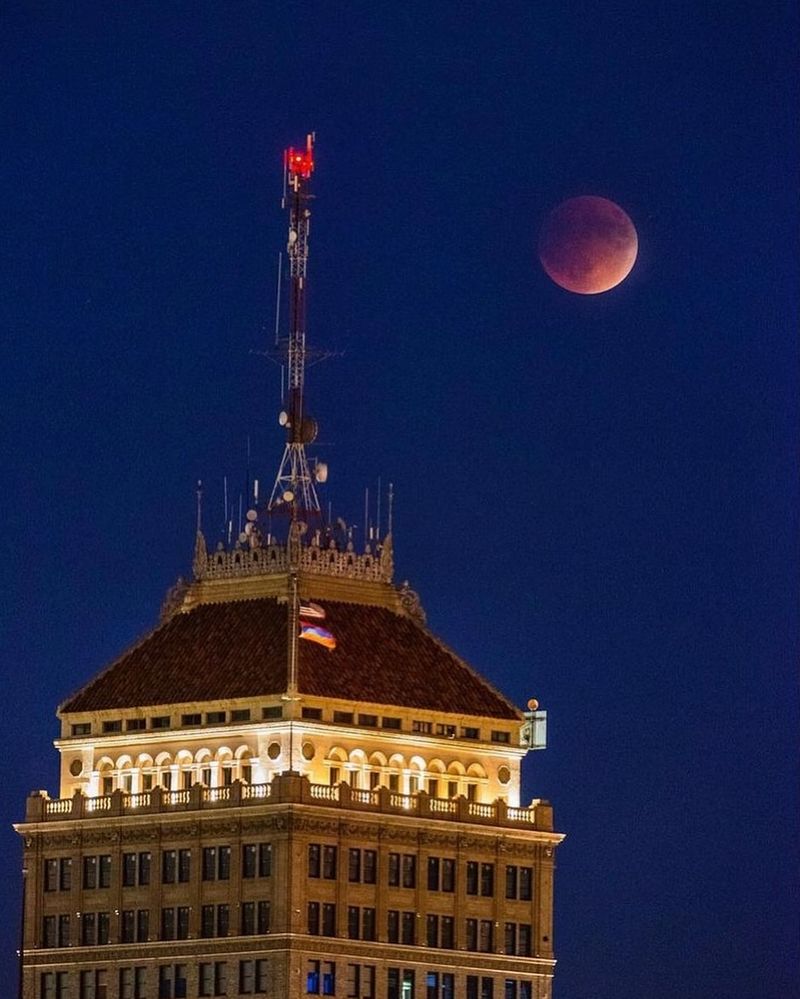
Lunar eclipses have captivated cultures worldwide, often associated with myths and significant events. These celestial occurrences have inspired stories and rituals, marking time and tradition in various societies.
Many cultures historically viewed eclipses as omens or momentous occasions, prompting community gatherings and celebrations.
Modern-day enthusiasts continue to observe these events, reflecting the Moon’s enduring allure. Eclipses remind us of the Moon’s role in both science and culture, joining people under a shared night sky.
They bridge the gap between ancient beliefs and contemporary appreciation, highlighting our connection to the universe.
6. The Moon’s Influence on Wildlife
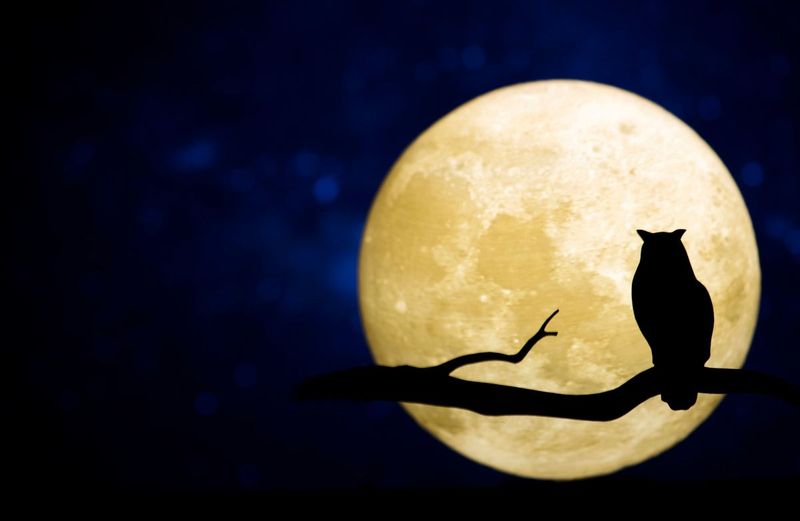
Wildlife behavior is often influenced by the Moon’s phases. Nocturnal animals, in particular, become more active during a full moon, using the increased light for hunting and foraging.
This lunar illumination affects predator-prey interactions, as predators exploit the visibility while prey species seek cover. The Moon’s light also influences migration patterns and reproductive behaviors in some species, showcasing its ecological importance.
By understanding these patterns, conservationists can better protect sensitive animal populations. Thus, the Moon plays a vital role in maintaining ecological balance, subtly orchestrating the nocturnal ballet of the wild.
7. Astrological Beliefs and Personal Insight
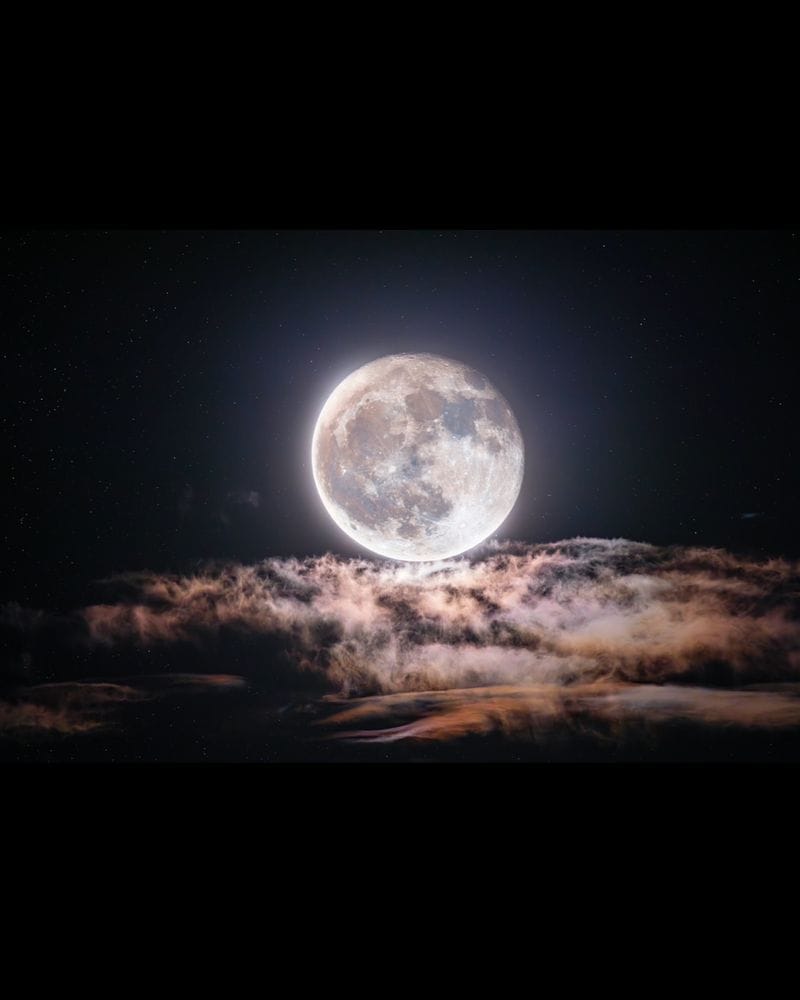
The Moon holds a prominent place in astrology, believed to influence personality traits and personal insights. Astrologers consider the Moon’s position at birth to reflect emotional nature and inner self.
This celestial body is thought to govern intuition, nurturing instincts, and subconscious mind, offering guidance in understanding one’s emotional blueprint. Whether science supports these claims or not, many find comfort and insight through lunar astrology.
The Moon, through its symbolic meanings, provides a mirror for self-reflection, helping individuals navigate their inner worlds and connect with their emotional essence.
